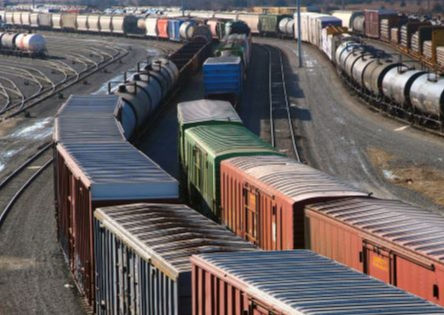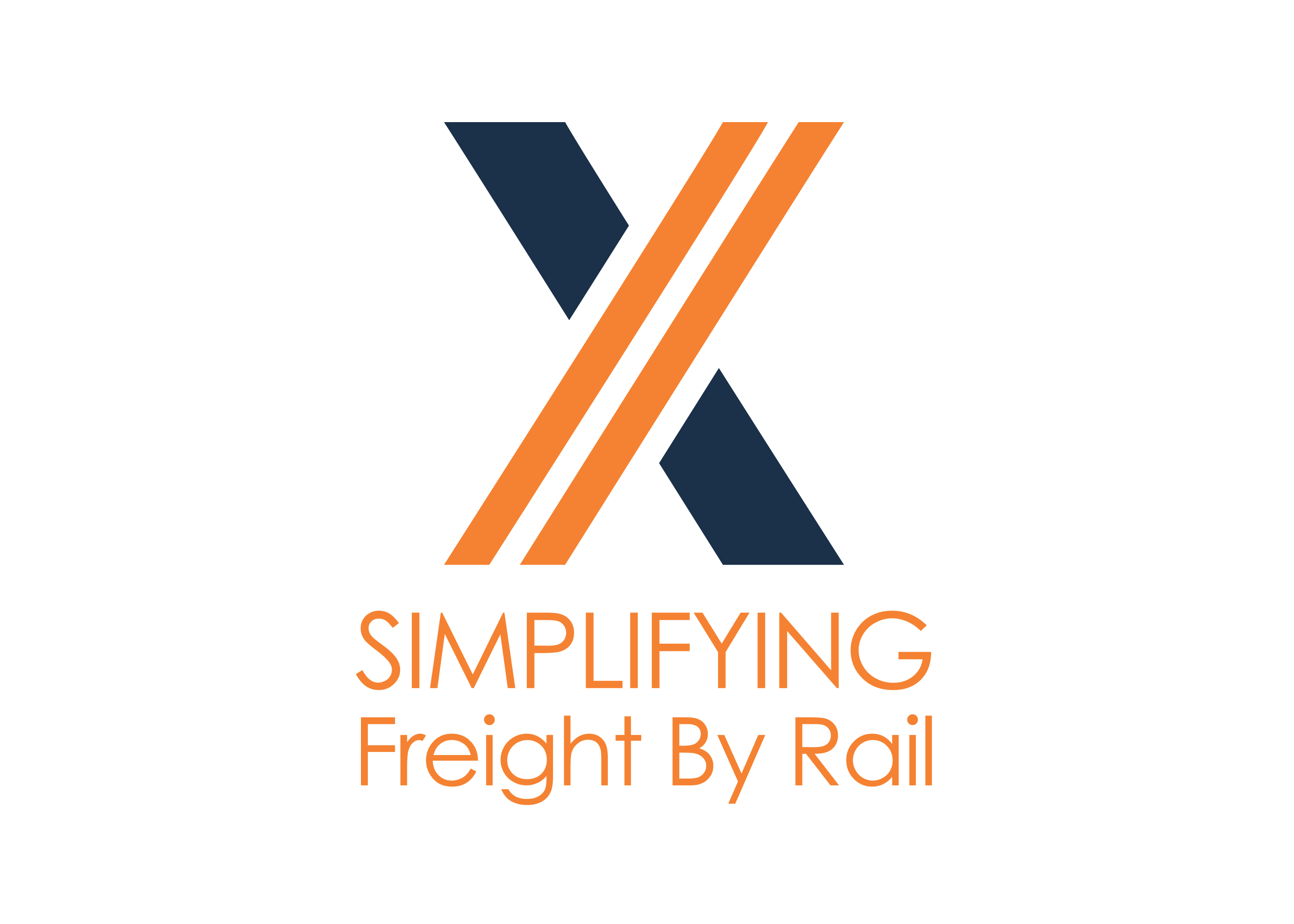Unit train operations offer several advantages:
-
Efficiency: By loading all railcars in the train with the same product, unit train operations streamline the loading and unloading processes. This reduces the time and labor required to handle individual railcars, resulting in faster turnaround times and improved efficiency.
-
Cost Savings: Unit train operations can lead to cost savings for both shippers and rail operators. Since the entire train is dedicated to a single commodity, economies of scale can be achieved in terms of logistics planning, scheduling, and maintenance. This can result in lower transportation costs per unit of cargo.
-
Faster Transit Times: With no need for intermediate stops or car switching, unit trains can offer faster transit times compared to trains with mixed cargoes. This is particularly beneficial for time-sensitive shipments or industries that require rapid delivery, such as perishable goods or certain industrial materials.
-
Reduced Train Delays: Since unit trains operate independently without the need for coordination with other trains, they are less susceptible to delays caused by congestion or scheduling conflicts on shared rail lines. This can enhance reliability and minimize disruptions in the transportation process.
-
Dedicated Equipment: Unit train operations often involve dedicated equipment designed specifically for the transported commodity. This can include specialized railcars, containers, or handling systems tailored to the requirements of the cargo. Dedicated equipment ensures optimized loading, secure transportation, and efficient unloading processes.
Unit train operations are commonly used in industries such as agriculture (for transporting grains), energy (coal, oil, or natural gas), and bulk materials (such as ores or aggregates). By maximizing efficiency, reducing costs, and improving transit times, unit train operations provide a reliable and effective solution for transporting large volumes of homogeneous goods over long distances.

